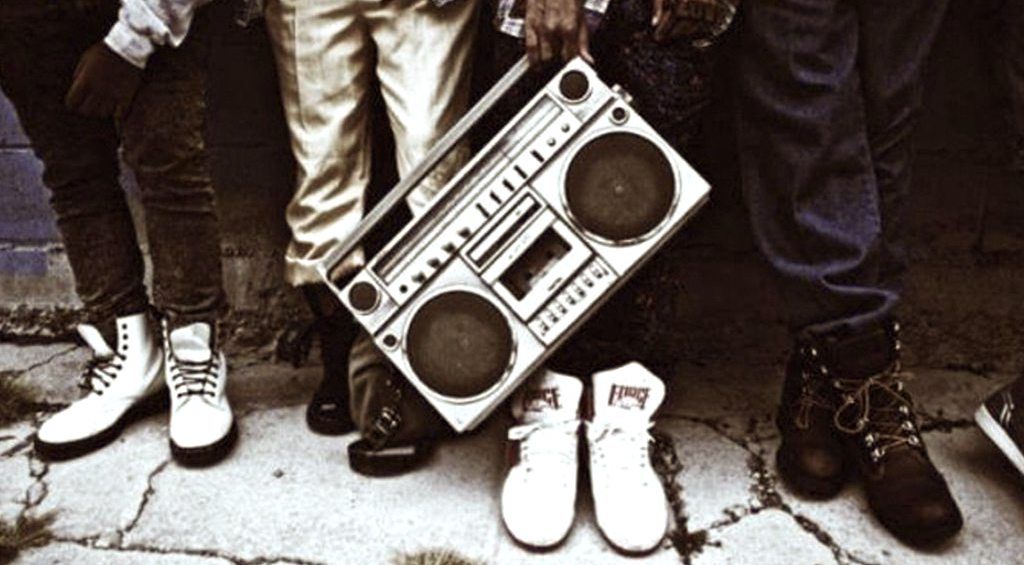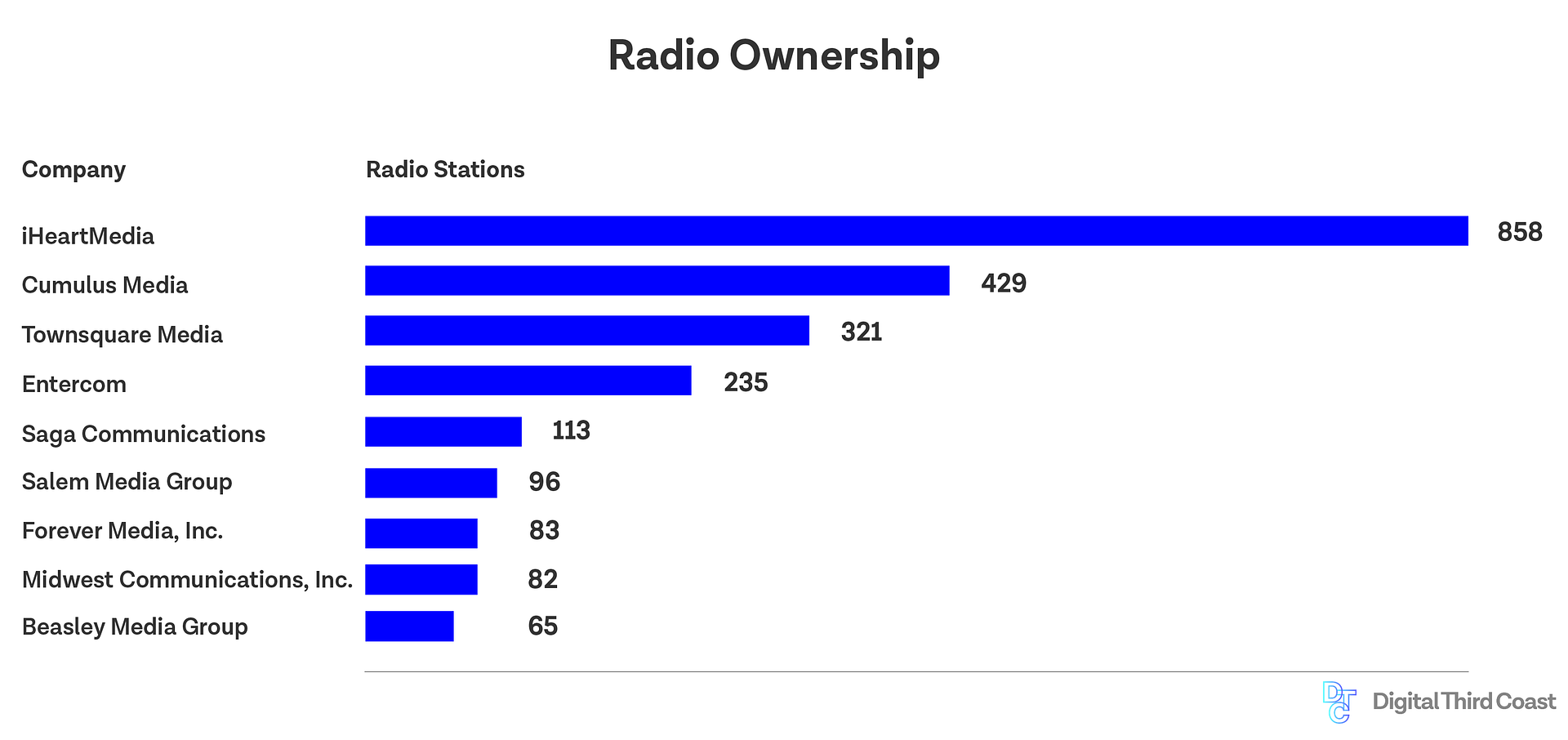How Hip-Hop Forever Changed My View of Mainstream Media

As longtime readers know, I used to be a huge hip-hop head. I bought my first rap tape back in ’88, and at the start of my music journalism career I worked in hip-hop for many years, with much of my work being in indie hip-hop.
One of the biggest concerns in hip-hop back in the day was the way it was represented in mainstream media. If you opened a newspaper, non-music publication, or turned on the news, the only times hip-hop was mentioned it was done in a derogatory way.
What was hip-hop to the mainstream media? It was guns, and drugs, and violence, and misogyny. Of course, the mainstream media rarely thought about the root causes of these topics, but that’s another issue entirely.
For those of us in hip-hop, we didn’t just lament this characterization, we were outspoken about how incorrect it was. Was there hip-hop music that was filled with imagery of guns, and drugs, and violence, and misogyny? Absolutely. Did it, unfortunately, dominate the airwaves of the major hip-hop radio stations? Yup, but that was a side effect of those stations being owned by, you guessed it, mass media corporations.

We would constantly try to let people know the image they were seeing, and hearing, was just a very small percentage of hip-hop, and that there were a bevy of really talented artists who had something to say, and who were doing really interesting things with their music. Essentially, we were attempting to show people they were missing out on the bigger picture.
I now realize this forever changed my view of mainstream media.
Having experienced something I was heavily involved in being grossly misrepresented, I now look at how news is presented to us, and think – this may just represent a tiny percentage of the whole, and the whole may be wildly different from what we’re being shown.
When I see something that’s too evil, or too holy, to be true, it doesn’t take me long to get into my old hip-hop mindset, and realize an item has been zoomed in on, and I need to do my own work of zooming out, and viewing the situation with a wide angle lens.
This is especially applicable when I see attempts to extrapolate the actions of the few to represent the thought process of the many.

I know hip-hop hasn’t had this affect on everyone. Heck, I know people in hip-hop who will ardently believe everything the media tells them as long as it’s in line with their current ideology. Confirmation bias is a hell of a drug.
Perhaps my natural skepticism as a journalist had me on a direct line to, ironically enough, being skeptical of much of the journalism I see.
Whatever the case may be, whenever the media wants me to grab my pitchfork, or express unending praise, I know it’s time to zoom out, and get the full story.
I have all my years in hip-hop to thank for that.

Comments